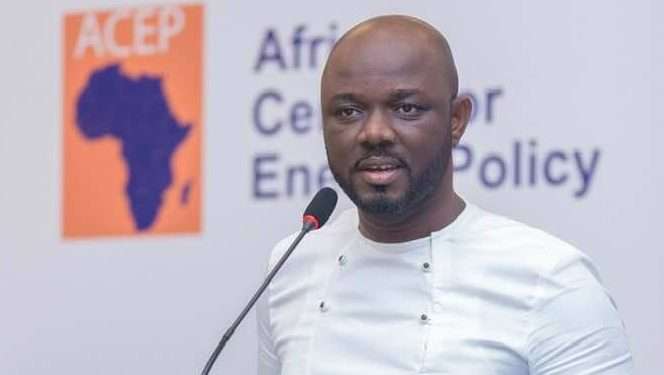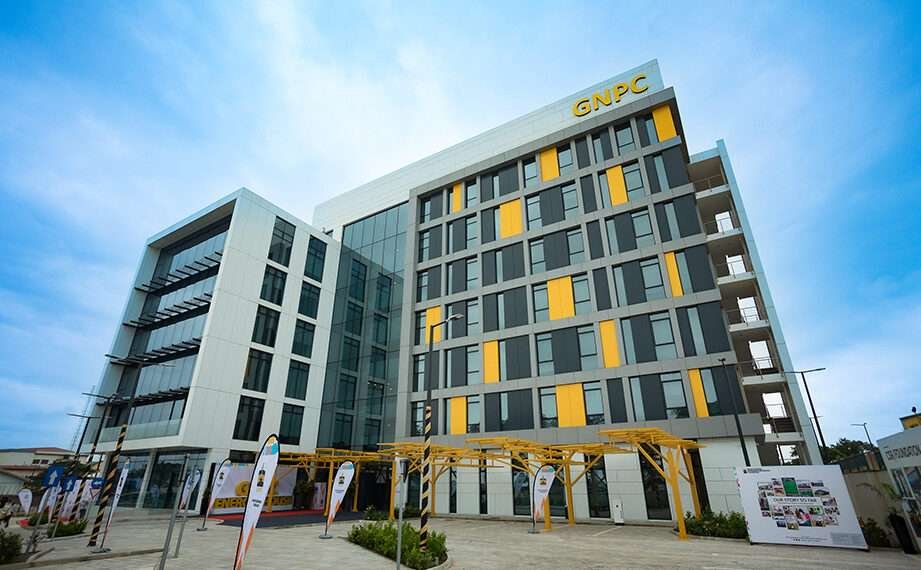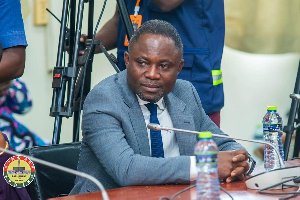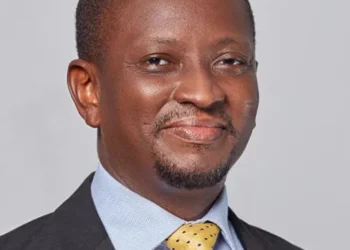In recent times, the Ghana National Petroleum Corporation (GNPC) has made headlines—not for groundbreaking advancements, but for a growing list of controversies that raise questions about its leadership, priorities, and future.
Among the most glaring issues is the rapid expansion of GNPC’s workforce, a change that seems unmoored from industry realities.
The Honorary Vice President of IMANI Centre for Policy and Education, Bright Simons, recently highlighted that GNPC’s personnel numbers have grown from a modest to a higher number in just a few years, even as Ghana’s oil production levels have fallen.
This hiring spree not only diverges from industry needs but seems to epitomize a misallocation of resources in an era where efficiency should be the corporation’s focus.
According to Benjamin Boakye, Executive Director of the Africa Centre for Energy Policy, GNPC’s current trajectory reflects the challenges of a state institution increasingly criticized for misaligned priorities, unchecked spending, and political favoritism.
He pointed out that since 2011, GNPC has received over $1.3 billion in funding aimed at building a competent national oil company—an amount that excludes additional costs for participation in oil fields.
Despite the huge investment made over the past decades,Mr Boakye noted that the state oil agency has not made any substantial progress in terms of its output.
“No oil company producing or ever exploring for oil came to Ghana with anything close to that. Yet GNPC has not drilled one well. They have recently used over $100m to gather data in the onshore Voltaian basin, which is obscene by any standard”.
Benjamin Boakye, Executive Director of Africa Centre for Energy Policy
Mr Boakye strongly argued that this type of spending embodies how national oil companies (NOCs) often become slush funds for political elites, with GNPC now falling into this unfortunate category.
Politically Motivated Recruitments
The corporation’s spending habits, highlighted by Mr Boakye, go beyond excessive data-gathering initiatives. Amidst a strained national budget, he noted that GNPC appears to be channeling substantial funds into politically motivated recruitments and board appointments that lack essential qualifications for the sector’s technical demands.
Reiterating Bright Simons’s earlier revelation, Mr Boakye noted that over the years, GNPC’s staffing has surged from around 250 to an estimated 800, with no discernible increase in productivity or operational output to justify such growth.
This rapid staff expansion raises red flags about the true motivations behind these hires. He disclosed that the appointments seem more rooted in patronage than competence, with roles given to individuals connected to influential figures in politics, rather than to those equipped with the expertise needed for the corporation’s technical needs.

Systemic Flaws Threaten GNPC’s Credibility
This misalignment, according to Benjamin Boakye, is not merely a budgeting flaw but a systemic problem that threatens the corporation’s credibility and national role.
Mr Boakye warned that this arrangement ultimately drains the public purse and deceives the Ghanaian public, with no evidence that GNPC’s unchecked growth will ever yield the benefits it promises.
This practice, Mr Boakye argued, perpetuates the illusion that GNPC will eventually transform into a national asset capable of delivering Ghana from economic challenges. But for him and many others, this narrative is “the scam of our lives.”
While GNPC leaders paint an image of a promising National Oil Company (NOC) that will one day serve as a backbone of Ghana’s economic future, the corporation’s spending and hiring practices indicate otherwise. Instead, it is a vehicle for dispensing favours to family members, friends, and political allies, who, rather than contributing to the company’s goals, merely feed off its resources.
Mr Boakye’s critique went beyond just GNPC. It touches on a broader issue of governance and accountability that affects Ghana’s public institutions. His observations serve as a wake-up call: if GNPC cannot realign its operations with its intended purpose, it risks becoming emblematic of how political interference and poor oversight can undermine even the most promising state enterprises.
GNPC must be held accountable for its resource management and insulated from political meddling if it is to contribute meaningfully to Ghana’s economic and energy future.
In the end, the corporation’s credibility depends on its ability to prioritize technical achievements over patronage, and to live up to its role as a steward of the country’s resources.
Otherwise, GNPC will continue to drain Ghana’s resources, betraying its mandate and the trust of the people it was created to serve, as pointed out by Benjamin Boakye, the Executive Director of Africa Centre for Energy Policy(ACEP).
READ ALSO: Okyeame Kwame Declares New Career




















